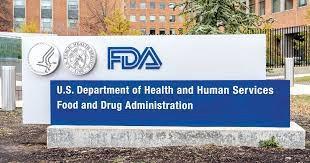 In a posting on April 29th, the Food and Drug Administration posted an informational article directed at consumers entitled Questions and answers regarding the safety of eggs during highly pathogenic avian influenza outbreaks. The important takeaways were:-
In a posting on April 29th, the Food and Drug Administration posted an informational article directed at consumers entitled Questions and answers regarding the safety of eggs during highly pathogenic avian influenza outbreaks. The important takeaways were:-
- Eggs in the retail market are safe to eat. This statement is based on a 2010 risk assessment carried out in conjunction with the USDA-FSIS that determined a low risk of consumers becoming infected from the consumption of contaminated shell eggs. This is based on the ability of state and federal veterinarians to detect and confirm an outbreak of HPAI and to impose quarantines involving restriction of movement of eggs from infected flocks to the marketplace. Adequate food handling and preparation should further reduce the possibility of any virus remaining in eggs although avian influenza is not regarded as a vertically transmitted infection.
- Commercial eggs in the U.S. are washed in a chlorine-based sanitizer that will destroy any virus on the surface.

- The FDA emphasizes that HPAI virus cannot be transmitted through adequately handled and prepared food. The FDA Food Code provides guidance to retail establishments, restaurants and institutions as to correct methods of handling and preparation, most of which is directed specifically against Salmonella infection before the advent of the 2010 FDA Final Rule on preventing Salmonella.
- The USDA and the Industry are following strict prevention programs that were introduced following the 2015 HPAI epornitic in the U.S. Precautions include high levels of biosecurity, washing of vehicles, deferring or sequencing inspections and during the current epornitic FDA has suspended routine farm inspections.